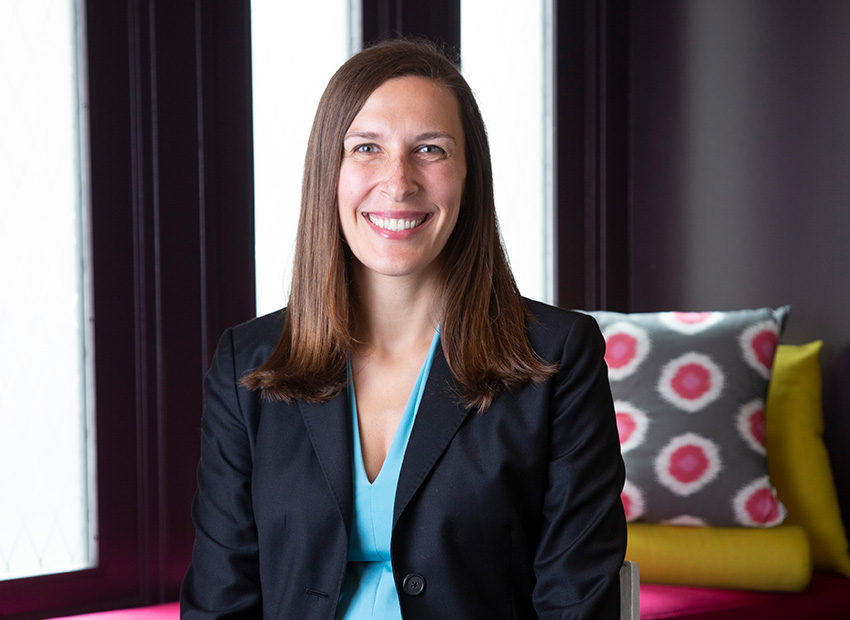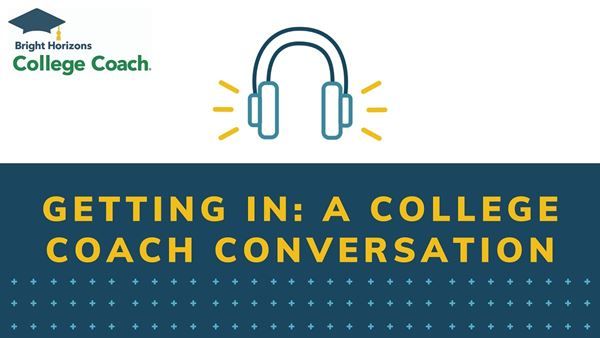Engaging with your Pre-Med Advisor
Every college has advisors dedicated to helping students interested in pre-professional paths like medicine, dentistry, law, or pharmacy, among others. These advisors can be found in many types of offices on campus, from those of academic deans and professors, to centralized locations like career counseling centers. At many colleges, there is an office dedicated to these pathways, and it is most commonly called pre-health or pre-professional advising. If you are having trouble identifying the person or office on your campus, ask your academic advisor or the student services office. They will be able to point you in the right direction!
Benefits of Having a Pre-Health Advisor
There are a lot of steps a student has to take to apply to medical school. A pre-health advisor can help you throughout the process. The most important thing your advisor can do is help you ask the right questions to decide if medicine is the right career for you. They will also help you plan your curriculum so you can take the required pre-med courses and any general education requirements while navigating the quirks of individual departments. As you move forward, they will help you locate opportunities on your college campus and local community that will help you explore and reflect on the profession. They will also discuss with you the timing of your application and if it makes sense to take a gap year or two.
The key is to find your pre-health advisor as early as possible. Depending on the office, there may be drop-in hours, workshops, or appointments. You may even be able to sign up for a listserv or newsletter and follow them on social media.
Questions to Ask
We encourage you to think of questions based on your specific situation and what you encounter as you move through college:
- What are some medically related experiences that are available on and off campus? If your college is conducting classes online for this semester, ask for recommendations on how to find opportunities in your community or virtually.
- What courses are required for medical school and what is the best order in which to take them?
- Am I competitive for medical school?
- Would it make sense to take a gap year?
- When should I take the MCAT given my curriculum?






